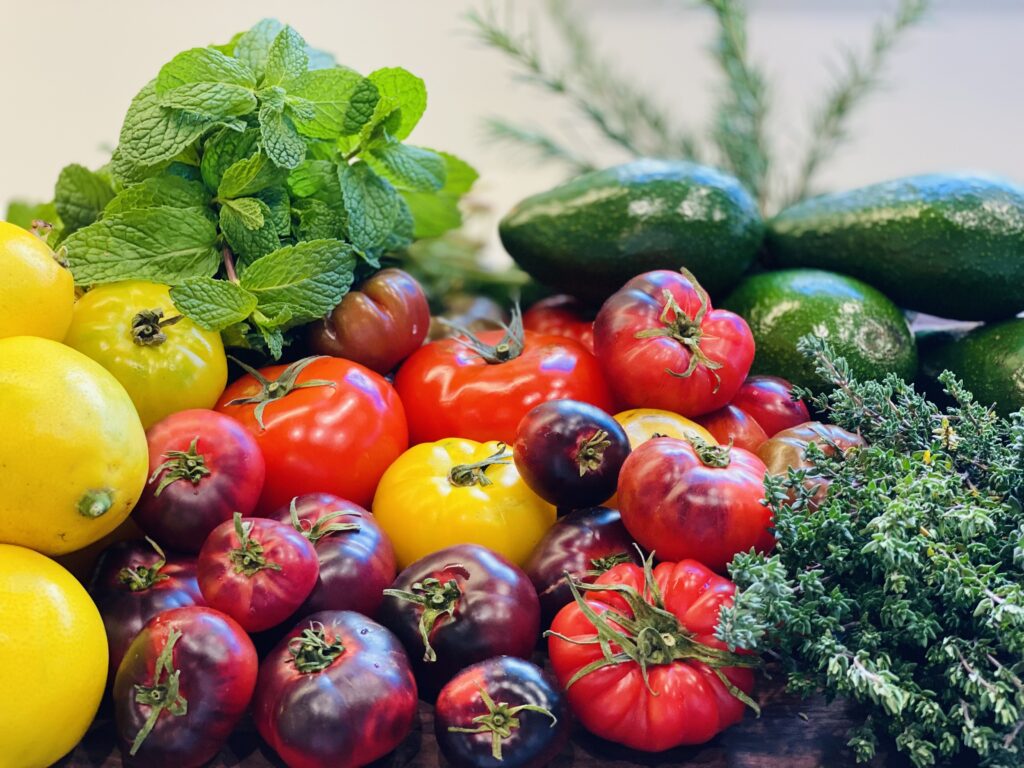A microbiome, or microscopic organism, is a living thing that is too small to be seen with the naked eyes. This general term is used to describe bacteria, fungi, yeast, viruses, to name a few. A microbiome is the collection of the microbes living in a given community like the intestines in the human body.
As human we begin to build our microbiome the moment we are born. How and where we are born play a big role in the types of microbes we acquire. Babies first pick up microbes through a vaginal birth, then from every person or thing they touch and they continue to pick up microbes throughout their lives. Means the microbiome is not fixed and it develops over time and changes in response to our environment.
What does the microbiome do?
Gut bacteria affect the entire body, including the brain. The beneficial bacteria in the gut have many functions, including the ability to synthesize some vitamins , help with digestion, balance mood, reduce anxiety and protect against infections. Strains of good bacteria are also associated with lower rates of obesity, diabetes and various digestive tract diseases.
If there are too many bad bacteria or too few good bacteria in the microbiome , serious heath problems can arise. The population of good bacteria in your body can be inhibited or killed by stress, surgery, illness, trauma, or unhealthy eating habits. Antibiotics can kill bad bacteria that cause disease, but they also kill off many of beneficial microbes. We can keep our microbiome healthy by eating foods that feed the good bacteria and avoiding foods that encourage the growth of bad bacteria.
Feeding the microbiome
Different microbes thrive on different types of food. You can promote the growth of good bacteria also known as probiotic in your gut by eating foods which those bacteria thrive on. These foods are known as prebiotics.
Tips for maintaining a healthy microbiome
- Eat a wide variety of fiber-rich plant foods, including legumes, nuts, seeds, herbs, whole grains, fruits, and vegetables.
- Avoid processed foods, and foos high in added sugar and artificial sweeteners.
- Stay hydrated. Drink plenty of plain water and non-caffeinated, unsweetened beverages.
- Limit or avoid any foods to which you are sensitive , intolerant or allergic.
- Include both prebiotic and probiotic foods in your diet.
- Take antibiotics only when medically necessary. During and after completing a course of antibiotics, eat probiotic foods and take a probiotic supplement. This can help rebuild the population of healthy bacteria in your gut.

